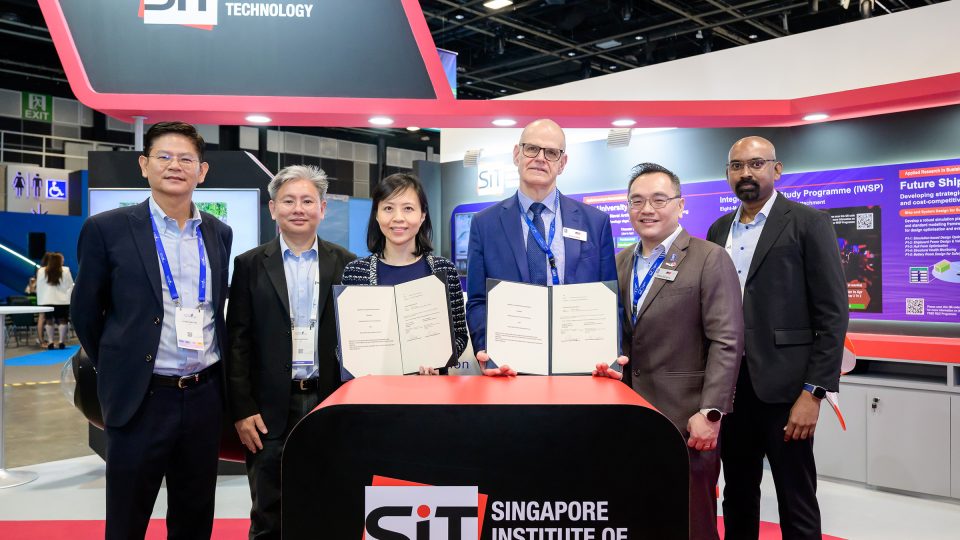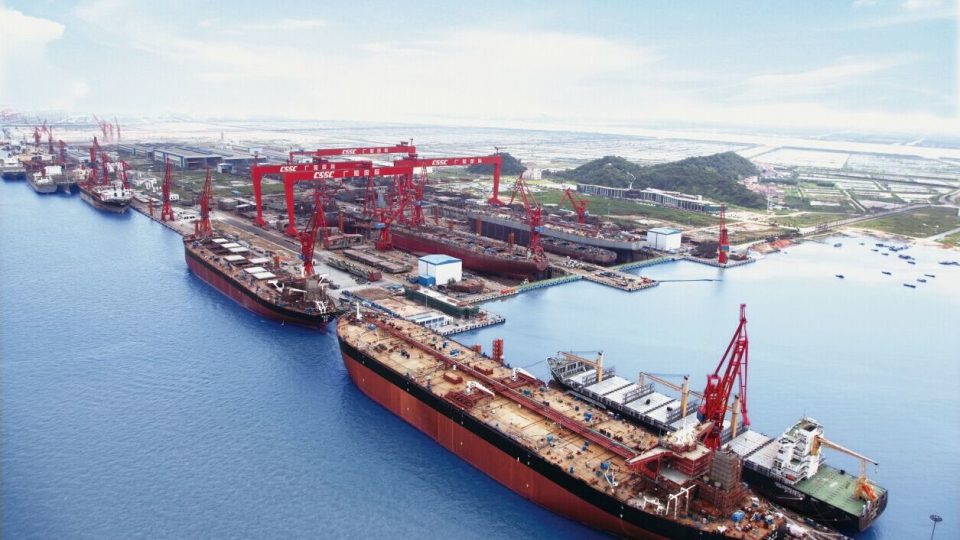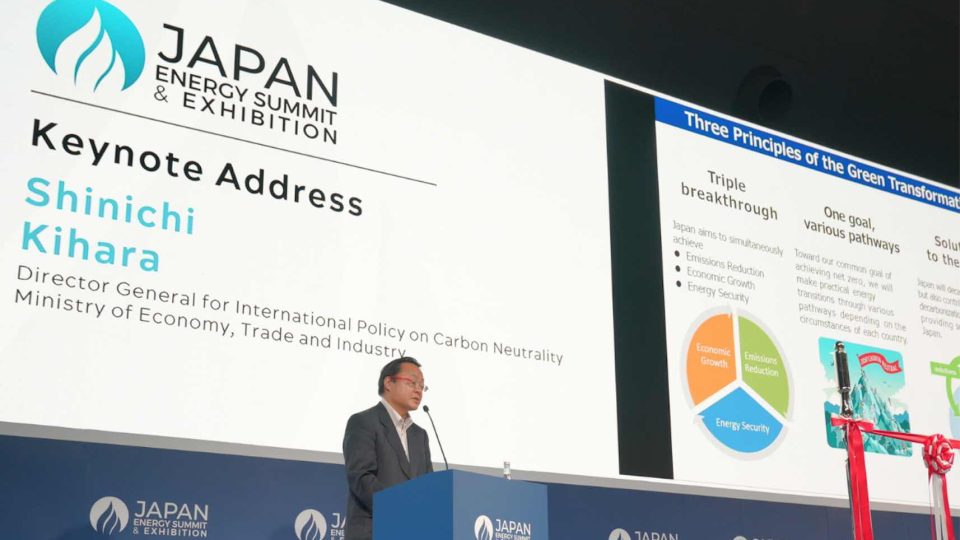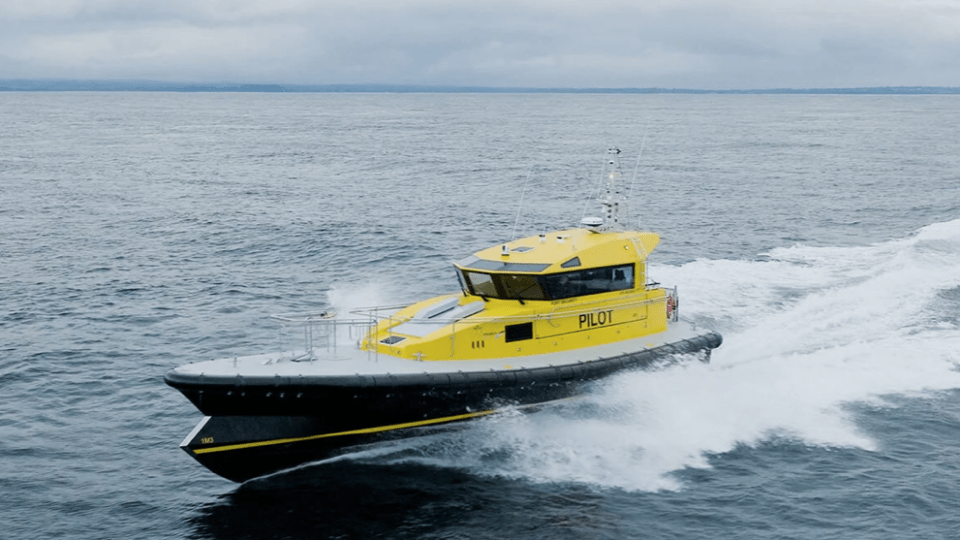Maritime progress at risk over fears of digitalisation, according to Wärtsilä
According to the new Wärtsilä’s report, 70% of maritime industry professionals have a very clear understanding of why digitalisation is needed and its benefits, but over two thirds believe that the ability to digitalise existing infrastructure and retrofit vessels is very challenging
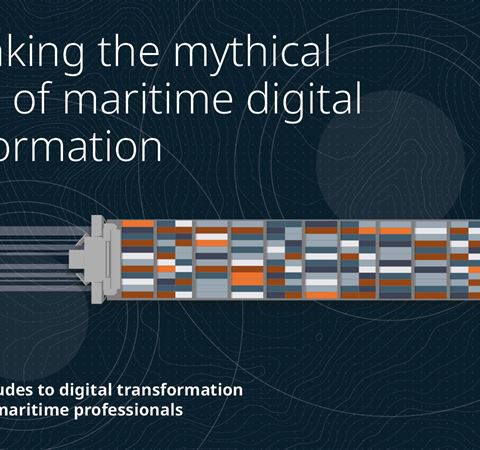
According to the new Wärtsilä report, despite 78% of maritime industry professionals agreeing that change and technological innovation is a positive thing for the maritime industry, almost half (45%) admit to having a volatile attitude towards technology and over a third (36%) say they are actively resistant to change. This is according to the technology group Wärtsilä’s Debunking the Mythical Beasts of Maritime Digital Transformation report. The report also reveals that as many as 18% do not think that the industry is unified in its understanding of digitalisation and why it is needed.
Michael Christiansen, Vice President, Smart Vessel, Wärtsilä comments: “This report makes clear that the industry agrees that digitalisation is essential to the future of shipping. But little tangible progress has been made to date because of wildly different and vague interpretations of what digitisation actually means. What’s interesting is that our report draws striking parallels between the fears and misunderstandings that gave rise to vivid stories of famous mythological sea monsters that live on in folklore today and highlights the apprehension that many modern-day maritime professionals feel towards the largely unchartered ocean of digital transformation.”
The research shines a light on these fears and misunderstandings, with over two thirds (68%) of industry professionals believing that the ability to digitalise existing infrastructure and retrofit vessels is challenging, and over half (56%) agreeing that the time and cost implications involved with digital transformation projects are too high. On top of that, 63% believe that there is a lack of skills and knowledge among seafarers to fulfil the requirements of new technologies.
But on the positive side, the research also highlights a clear way forward. It revealed that 70% of industry professionals have a very clear understanding of why digitalisation is needed and its benefits, but 69% believe greater collaboration between industry players could be improved, with 88% agreeing that this will be key to making digital transformation a reality. Significantly, 64% of respondents recognise that people are more crucial to digital transformation than technology, therefore without buy-in from a larger proportion of maritime industry professionals from the outset, successful digital transformation will not be possible.
Michael continues: “Like the sea, digital transformation is a great unifier. We are all in the same boat. Real progress will only happen when we collectively abandon the idea of digital transformation as all or nothing. As each organisation within the maritime industry will be at a different stage of its own journey, we must appreciate it as an iterative and stepwise process. There is still much work to be done to bridge the gaps – break the silos – between digital systems. To do this, we can and must share and learn from each other’s experiences because digitisation won’t be achieved by any one player alone. We need to work together to build an ecosystem where digital technologies on board a ship talk to those in offices on shore. This is how, as an industry, we can reframe the route to digitalisation and turn threats into opportunities.”
Wärtsilä’s report explores attitudes to digital transformation among maritime professionals across Europe & Middle East, the US, and Asia-Pacific region. It uncovers the surprising misconceptions thwarting progress and outlines how organisations can conquer key challenges to reach a better future for all.




